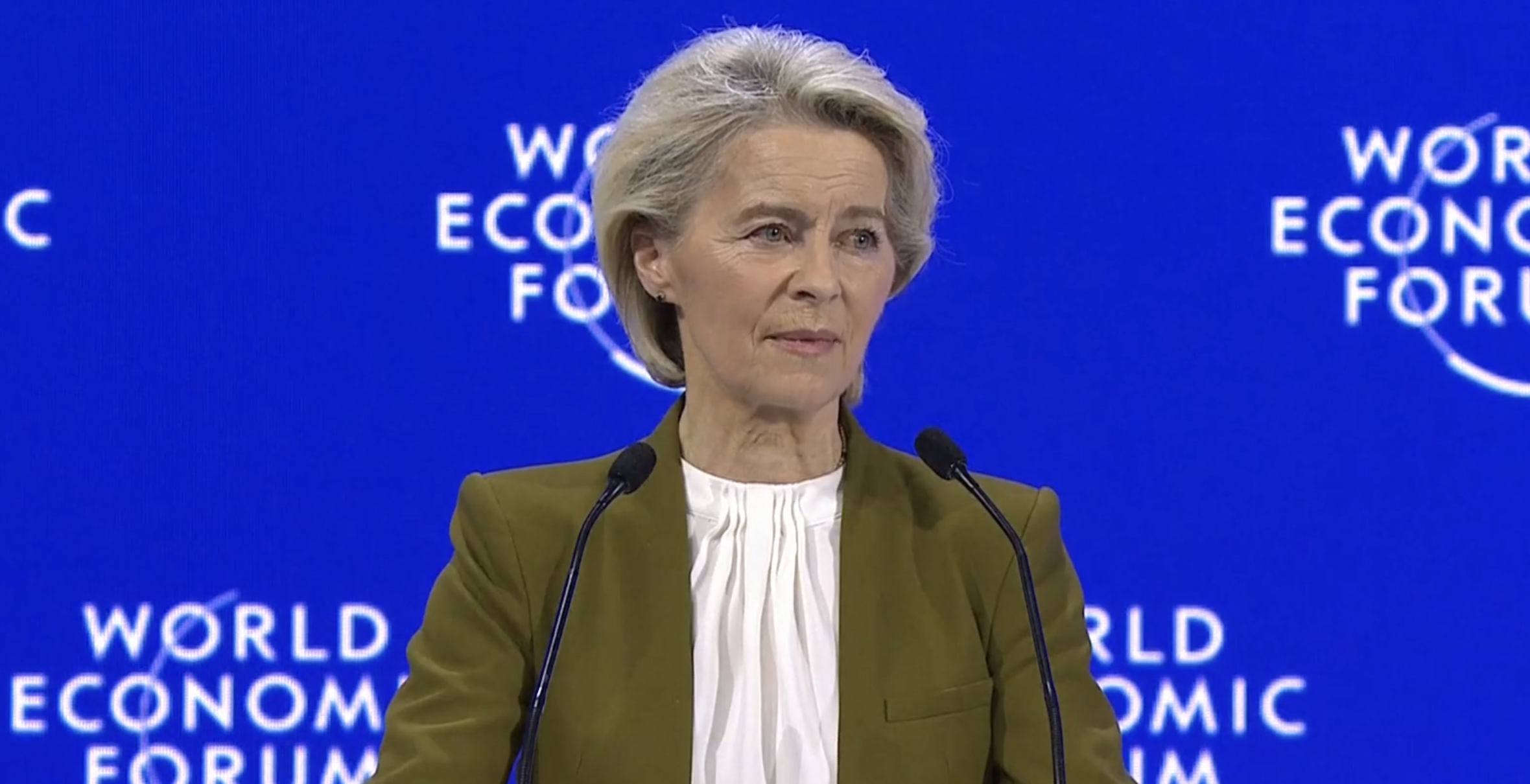Hungary won’t be participating in an EU-wide scheme to support startups because gender diversity is one of the group’s core values.
The European Startup Nations Alliance (ESNA) is a forum of governments working on creating more startup-friendly policies, founded in 2021. It so far has nine members — but hopes to add more in the coming months. The ESNA plans to monitor progress and share best practices in policy areas crucial for startups, such as changing national rules on stock options or tech visas.
All countries that want to join the forum need to sign the declaration of the EU Startup Nations Standard of Excellence (SNS), a list of best practices for governments on how to create startup-friendly policies. 26 EU governments and Iceland have signed the document.
Hungary, however, decided not to put its name down because one of its clauses mentions gender diversity, two people familiar with the matter tell Sifted.
The clause says that governments “need to give due attention and deploy actions to support diversity and inclusion in their startup policies, whilst protecting democratic values”. This could be done by “targeted incentives for startups to hire on diversity of ethnicity, gender, religion, age and sexual orientation.”
“It is really bad that Hungary is the only EU country which didn't opt-in to join ESNA and the SNS, as it aims to help members to make those regulatory changes that the Hungarian ecosystem desperately needs,” said Csongor Biás, managing director at Startup Hungary, a NGO.
“The Hungarian government is very active in shaping the local startup environment, unfortunately, mostly by flooding the market with toxic public funding opportunities which come with a lot of strings attached, and not by shaping a startup-friendly legal environment.”
Update, 14:00 April 6: A government spokesperson confirmed to Sifted that Hungary was "maintaining its previous position" and wouldn't be putting its name to the ESNA "because of its wording of ’diversity of gender’."
Hungary’s startup ecosystem
The Hungarian startup ecosystem is, despite all this, on the rise. In 2022, the country's startups raised 60% more capital than the year before; over €180m in total, according to the latest report of Startup Hungary.
It’s the home of companies like Prezi, a presentation tool backed by Accel with more than 100m users worldwide, and SEON, a fraud prevention startup, which last year raised an €87.1m Series B.
But Hungarian founders say numerous regulatory challenges are challenging their growth. More than half of the respondents included in Startup Hungary’s report said they would like to see less bureaucracy and a more favourable tax regime for startups. The opaque stock option regime is also a problem: 55% of startups don’t have any formalised scheme in place — in part because it's difficult to implement one within a Hungarian entity.
Viktor Orban's conservative government in Budapest has a long history of promoting what it calls traditional social values, discriminating against the LGBTQ+ community and opposing the term “gender”. The government banned the use of materials seen as promoting homosexuality and gender change at schools in 2021, banned transgender people from changing their gender in official documents in 2020, outlawed gender studies at national universities in 2018 and has pushed to remove the term “gender equality” from other EU documents.



